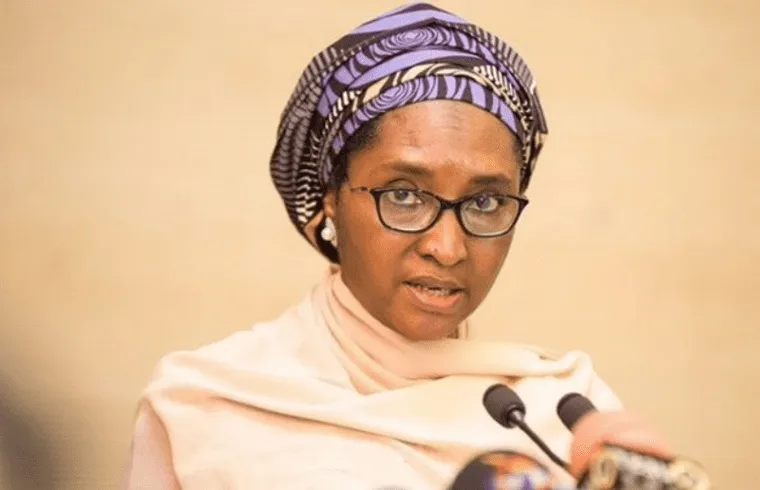Nigerian Presidency Believes ‘Fuel Subsidy Removal’ Led People To Poverty
The
Nigerian Presidency has expressed concern over the removal of fuel subsidy, stating that it has led to
increased poverty among Nigerians and a loss of support for the government.
President
Bola Tinubu announced the removal of subsidy on petrol in May, citing the
inability to continue subsidizing petrol for neighboring countries. However,
the government is now worried about the negative impact of this decision on the
citizens.
A close
aide of the President, speaking anonymously, revealed that the government is
aware of the growing discontent among the people and the possibility of civil
unrest.
There are
indications that organized labor, civil society, and the opposition are
planning protests that could threaten the stability of the government.
The aide
also mentioned the ongoing challenge to the legitimacy of President Tinubu’s election,
which adds to the potential for unrest.
The aide
further explained that the Nigerian National Petroleum Company Limited (NNPCL)
and oil marketers have provided feedback on the ideal pump price of petrol. Any
further increase in price would be catastrophic and could lead to nationwide
protests.
To address
this, the NNPCL has secured a $3 billion crude repayment loan to support the
naira and stabilize the foreign exchange market. The hope is that if the value
of the naira increases, the cost of fuel will decrease, and further price
increases can be avoided.
The
Independent Petroleum Marketers Association of Nigeria (IPMAN) has claimed that
the Nigerian government is secretly paying subsidies on petrol to maintain the
current pump price.
Presently,
petrol is being sold for between N568 and N617 per liter in different parts of
the country. The ex-depot price of petrol in Lagos is N580 per liter.
After
factoring in transportation costs and profit margins, the price should be
between N620 and N630 per liter.
IPMAN
argues that the difference between the actual price and the expected price
represents the subsidy that the government is bearing, even though there is no
budget for it.
IPMAN
believes that the government’s decision to cap petrol prices means that the
subsidy on the product has been reinstated.
The
association is calling for transparency and for the government to openly admit
if it is bringing back subsidies due to the economic challenges the country is
facing.




Comments
Post a Comment